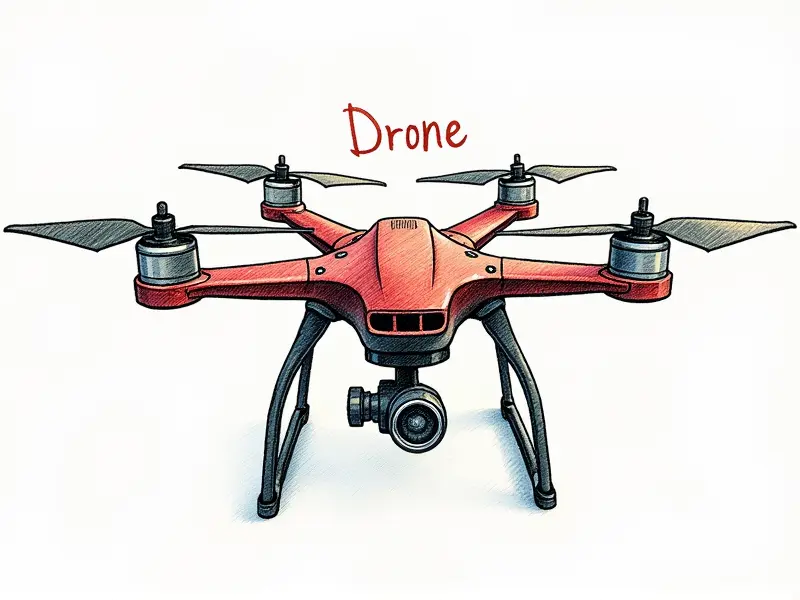Li-Po battery basics

Understanding LiPo Batteries in RC
Lithium Polymer (LiPo) batteries have become a staple in the world of radio-controlled (RC) vehicles due to their high energy density, lightweight construction, and ability to deliver consistent power. These batteries are particularly favored for drones, cars, boats, and planes because they offer superior performance compared to traditional battery types like NiMH or NiCd.
How to Choose LiPo Batteries Wisely
Selecting the right LiPo battery is crucial for optimal performance in your RC setup. Here are some key factors to consider:
- Capacity (mAh): Higher capacity means longer runtime, but also heavier batteries.
- Voltage (S or Cells): Voltage impacts the power output and speed of your RC vehicle. Common voltages range from 1S to 6S.
- C Rating: The discharge rate determines how quickly a battery can deliver energy, essential for high-performance applications.
- Size and Weight: Ensure the battery fits your RC model comfortably without adding unnecessary weight.
Essential Tips for LiPo Battery Care
Maintaining your LiPo batteries is vital to prolong their lifespan and ensure safety. Here are some essential tips:
- Avoid Overcharging: Use a charger designed specifically for LiPo batteries to prevent overcharging.
- Store Properly: Keep batteries in a cool, dry place at around 3.8V per cell when not in use.
- Battery Balancing: Regularly balance charge your batteries to maintain optimal performance and longevity.
Demystifying LiPo Battery Ratings
Understanding the ratings of a LiPo battery is crucial for selecting the right one for your needs. Here’s what each rating means:
- Voltage (S): Each cell in a LiPo battery pack adds 3.7V, so a 2S battery has 7.4V.
- C Rating: Indicates the maximum continuous discharge rate of the battery. A higher C rating means better performance for high-power applications.
Balancing LiPo Batteries: Why It Matters
LiPo batteries require balancing to ensure each cell maintains an equal voltage, which is crucial for optimal performance and safety:
- Prevent Overcharging/Undercharging: Balancing prevents cells from being overcharged or undercharged.
- Prolong Battery Life: Balanced batteries last longer and perform better consistently.
Common LiPo Battery Myths Debunked
There are several misconceptions about LiPo batteries that can lead to improper use or unnecessary worry. Here are some common myths debunked:
- Myth: All LiPo Batteries Are the Same. Reality: Different brands and models offer varying performance characteristics.
- Myth: You Can't Overcharge a LiPo Battery. Reality: Overcharging can cause damage or even fires if not properly managed with the right equipment.
LiPo Battery Safety Tips Explained
Safety is paramount when dealing with LiPo batteries. Follow these tips to ensure safe usage:
- Use Proper Charging Equipment: Always use a charger designed for LiPo batteries.
- Avoid Physical Damage: Protect your battery from physical impacts and extreme temperatures.
Maximizing Your Drone's Flight Time with LiPos
To get the most out of your drone’s flight time, choose a high-capacity LiPo battery that matches your drone’s requirements. Higher capacity batteries allow for longer flights but may add weight:
- Choose High Capacity: For extended flight times.
- Select Appropriate Voltage: Ensure the voltage is compatible with your drone's motor and ESC specifications.
The Impact of Voltage on LiPo Performance
Voltage plays a critical role in determining the power output and speed of your RC vehicle. Higher voltages generally result in increased performance but may require higher C ratings:
- Higher Voltage = More Power: Use higher voltage batteries for more powerful applications.
- Lower Voltage = Less Weight: Opt for lower voltage batteries if weight is a concern.
Charging Techniques for LiPo Batteries
Proper charging techniques are essential to maintain the health and safety of your LiPo batteries. Here’s how to charge them correctly:
- Balanced Charging: Use a balanced charger to ensure each cell is charged evenly.
- Avoid Rapid Charging: Charge at lower rates, especially for large capacity batteries.
What Voltage is Best for LiPo Batteries?
The best voltage depends on your specific application. For drones and high-performance RC vehicles, higher voltages offer better performance but may require more robust charging equipment:
- Higher Voltage = More Power: Suitable for powerful applications.
- Lower Voltage = Less Weight: Ideal for scenarios where weight is a critical factor.
Conclusion
Lithium Polymer (LiPo) batteries are an essential component in the world of RC vehicles and drones. By understanding how to choose, care for, and charge these batteries correctly, you can maximize their performance while ensuring safety. Whether you're a beginner or an experienced hobbyist, mastering LiPo battery management is key to enjoying your RC adventures to the fullest.

